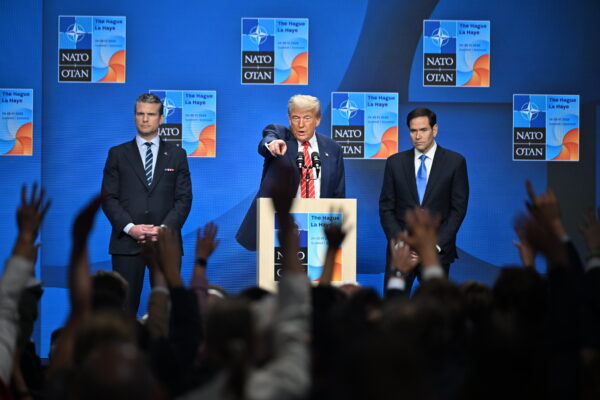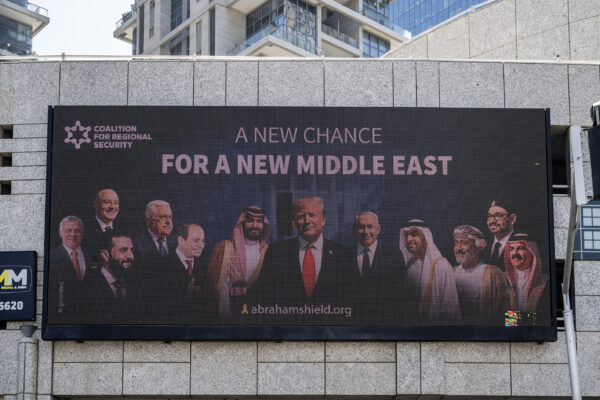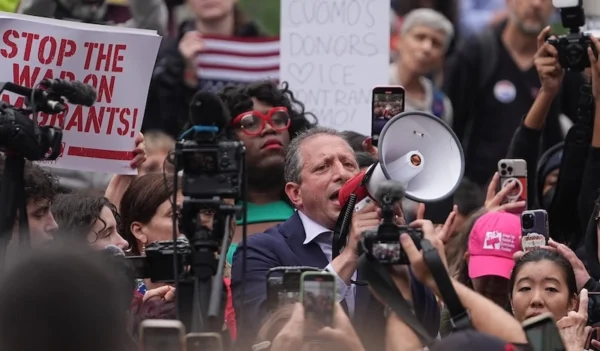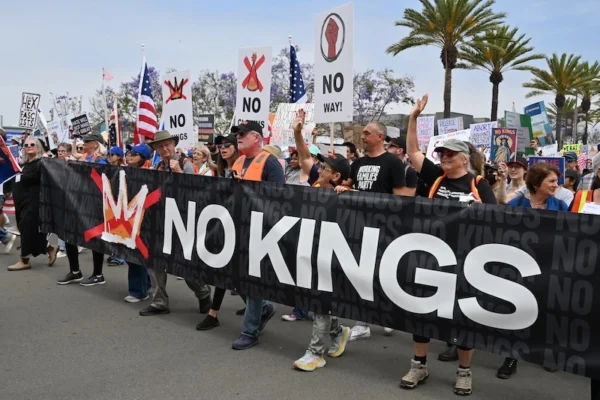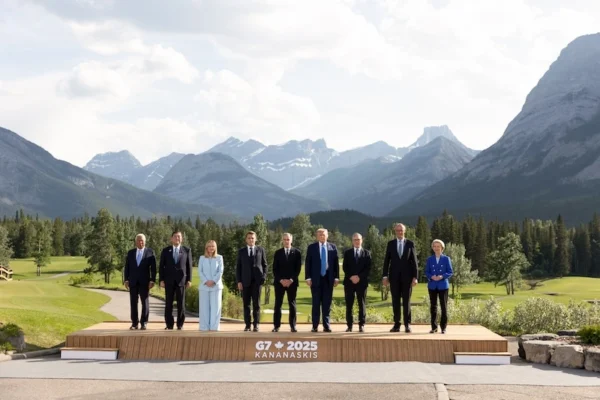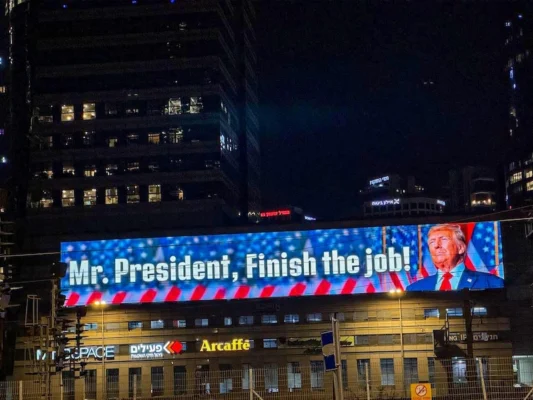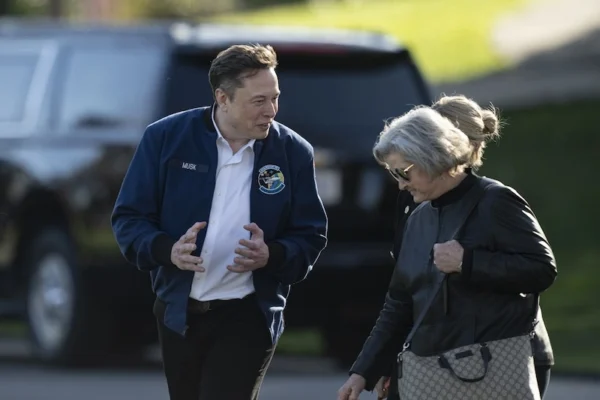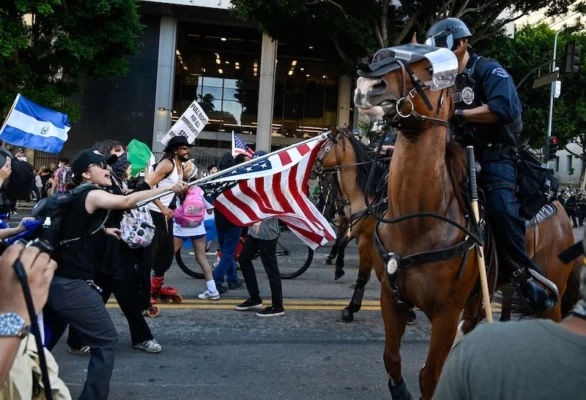India After the Elections
The elections in the largest democracy of the world are over. Last week the nationalist party Bharatiya Janata was announced the new ruling party of India after nearly a month of voting. Narendra Modi, the chief minister of Gujarat and a controversial figure in Indian politics, will be the next prime minister of India.
In the aftermath of the elections, first analyses have demonstrated that the majority of the voters consider the economy the most significant issue that instantly needs addressing by the incoming government. A gloomy economic outlook over the last three years has created a worrying degree of pessimism among Indians.
Modi, with his government that won an absolute majority, will have significant rights and responsibilities in their term to bring the house in order. Part of his mandate necessitates significant and sometimes harsh reforms that may lower Modi’s popularity in the short run.
However, with a growing population with high expectations, Modi needs to take these steps to be able to keep his election promises in particular reducing the poverty level in the country. Job creation will be one of the most significant challenges that the new prime minister will face in his first term.
Of course, the economy will not be the only domestic challenge for Modi. After his election revived debates about his role in the huge loss of, mostly Muslim, life in Gujarat in 2002, there is a new discussion about the concerns of minorities in India.
Although Modi always rejected the existence of any wrongdoing on his part in the Gujarat incident, there are still some serious concerns among the Muslims in India. Moreover in the last week, reports about the situation of Muslims in India revealed how much work is required to resolve discrimination.
Modi needs to take into consideration the concerns of millions of Muslims in India. All moral aspects to one side, without a high degree of social cohesion, fixing domestic issues becomes a significantly greater task.
In addition to domestic problems, Modi’s government will also need to deal with some significant external challenges. For almost a decade India has been unanimously considered one of the potential global actors of emerging international system.
In this period India pursued its policy of skepticism towards some international institutions, such as the structure of the U.N. Security Council. Within the umbrella of BRICS – the world’s emerging powers – India is one of the countries that challenge the hegemony of the U.S. in the global system. In this new period Modi may follow a more economy-based foreign policy.
However, Modi will also have some serious strategic challenges in Asia. India continues to have serious worries about a rising China as its neighbor. India has been watching increasing Chinese assertiveness in South China Sea and its increasing influence in South East Asia. In recent months in particular China’s relations with Vietnam have created serious concern in India’s foreign policy establishment regarding the future of Southeast Asia. Moreover, the increasing militarization in the region also led India to increase its defense budget in recent years. Modi will have to evaluate India’s role in the region and its relations with China.
While doing this reevaluation Modi also has to take into consideration the relationship with the U.S. which will impact not only its relations with Central Asia as well as Pakistan. The relationship between Modi and the U.S. government has not been well since the U.S. revoked Modi’s visa to enter the country a few years ago. However after his election, the White House has become one of the first administrations to extend an invitation to Modi. Both countries recognize the significance of one another, especially in relation to increasing geopolitical significance of Asia.
The two countries may develop a new working relationship that can form more strategic ties down the line. The failure of Barack Obama’s recent policies towards Russia can make India another option for the U.S. to cooperate in Central Asia and Asia Pacific.
After the withdrawal of U.S. troops from Afghanistan, there may be an increasing level of expectation for an Indian role in the region. The New Silk Road initiative was partly aiming to create a channel of cooperation for Central Asian countries and Afghanistan with India. This would help to provide stability to the region by contributing its economic integration.
In this situation Pakistan-India relations will also gain a new significance. It has been known that Modi has been a hardliner in issues in relation to Pakistan.
However, the significance of domestic problems, and emerging strategic competition between India and China may reduce the risk of escalation with Pakistan for a while.
This article was originally published in Daily Sabah on May 19, 2014.













